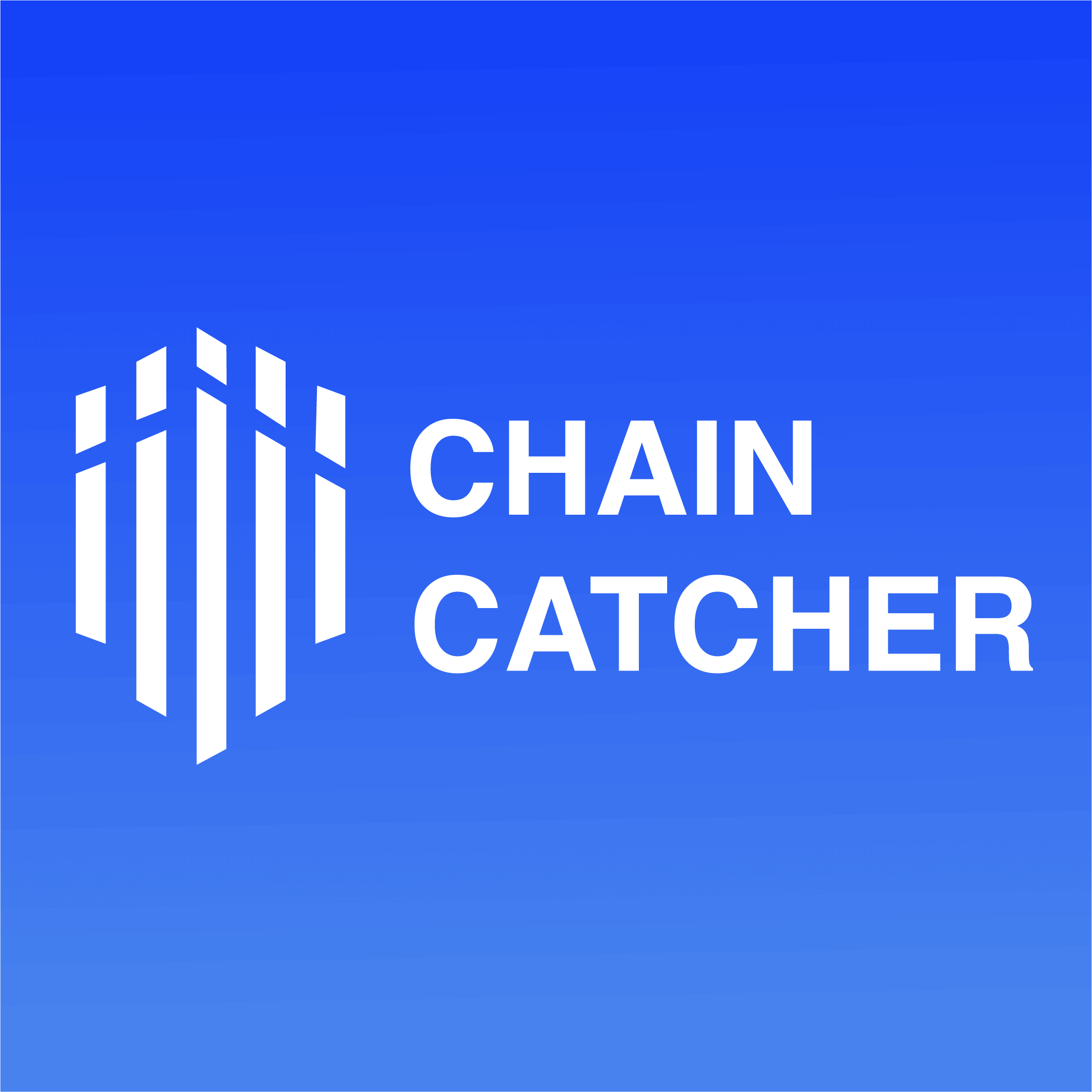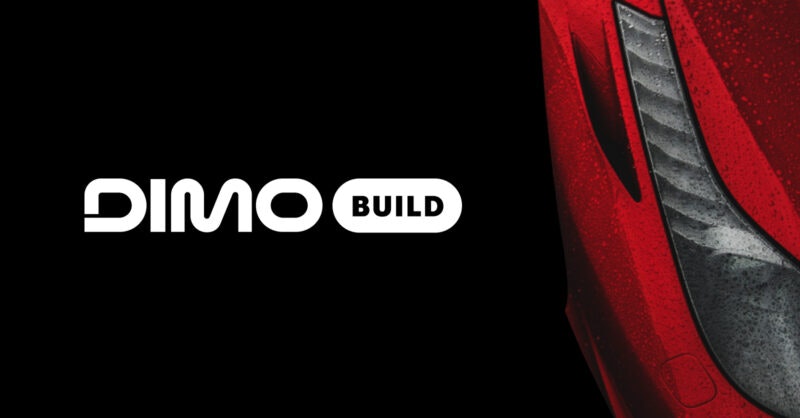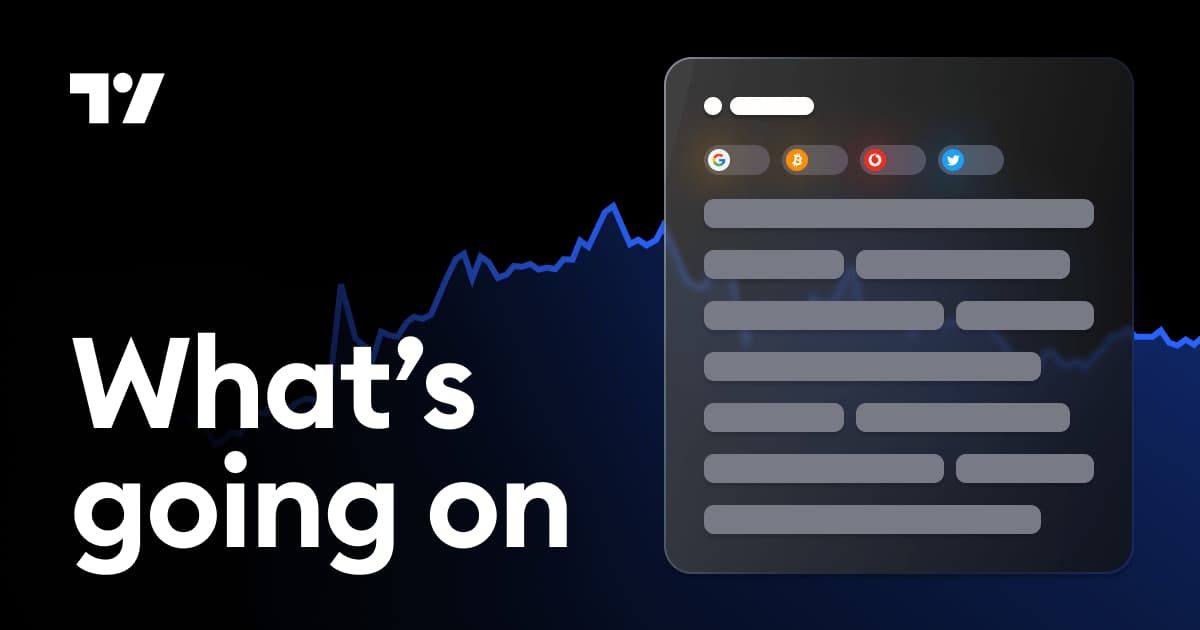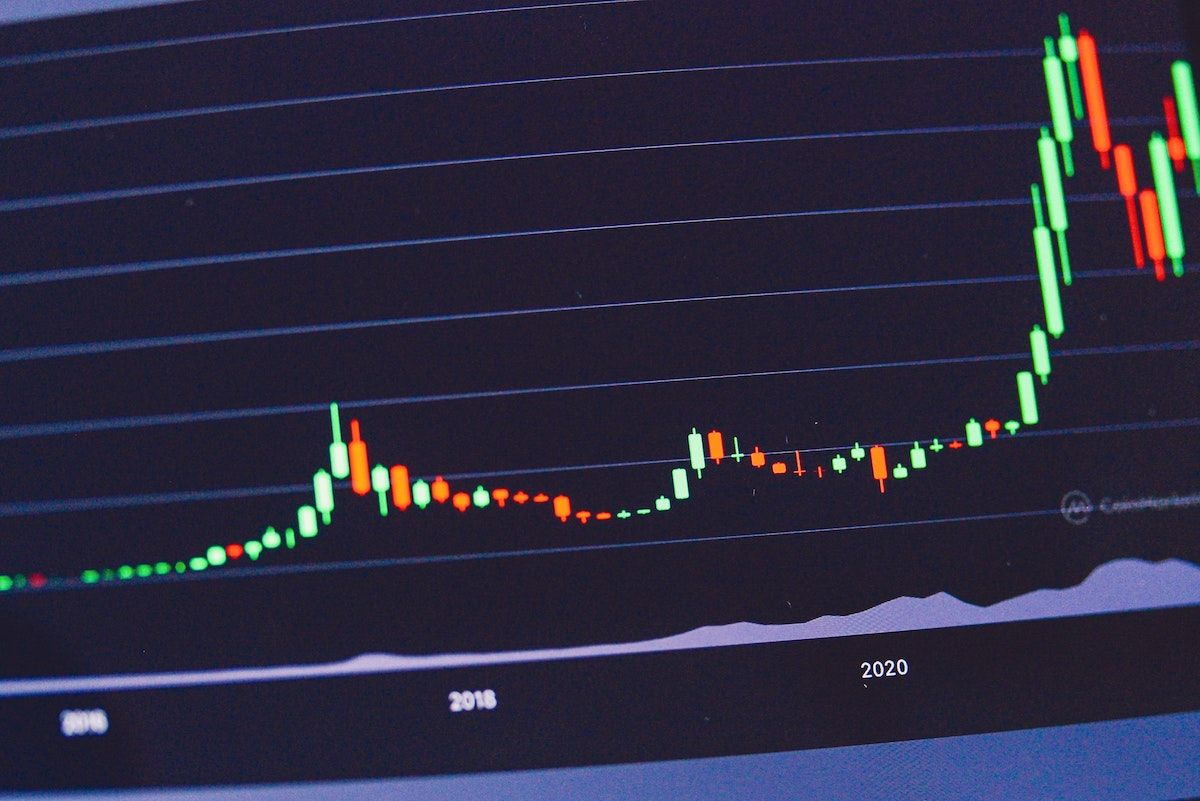PINGPONG Launches Computing Resource Exchange to Enhance DePIN Efficiency

PINGPONG has recently launched its computing resource exchange, enabling users to access, trade, and invest in structured financial products that are supported by real computing resources. This innovative platform aims to bridge the gap between traditional finance and decentralized finance by providing a marketplace for computing resources, which can be utilized in various applications ranging from data processing to complex algorithmic trading.
According to RootData, PINGPONG serves as a DePIN liquidity and service aggregator. Its two flagship products include the DePIN liquidity-linked money market and the DePIN service-linked integrated SDK. These products are designed to enhance the efficiency of the Decentralized Physical Infrastructure Networks (DePIN) by addressing both supply and demand sides, thereby facilitating smoother transactions and better resource allocation within the ecosystem.
ChainCatcher emphasizes the importance of approaching blockchain technology with a rational mindset. It urges users to enhance their risk awareness and exercise caution regarding virtual token issuances and speculative investments. The platform clarifies that all content provided is purely market information or opinions from related parties and does not constitute investment advice. Users are encouraged to report any sensitive information they encounter, ensuring a safer trading environment for all participants.
Related News





